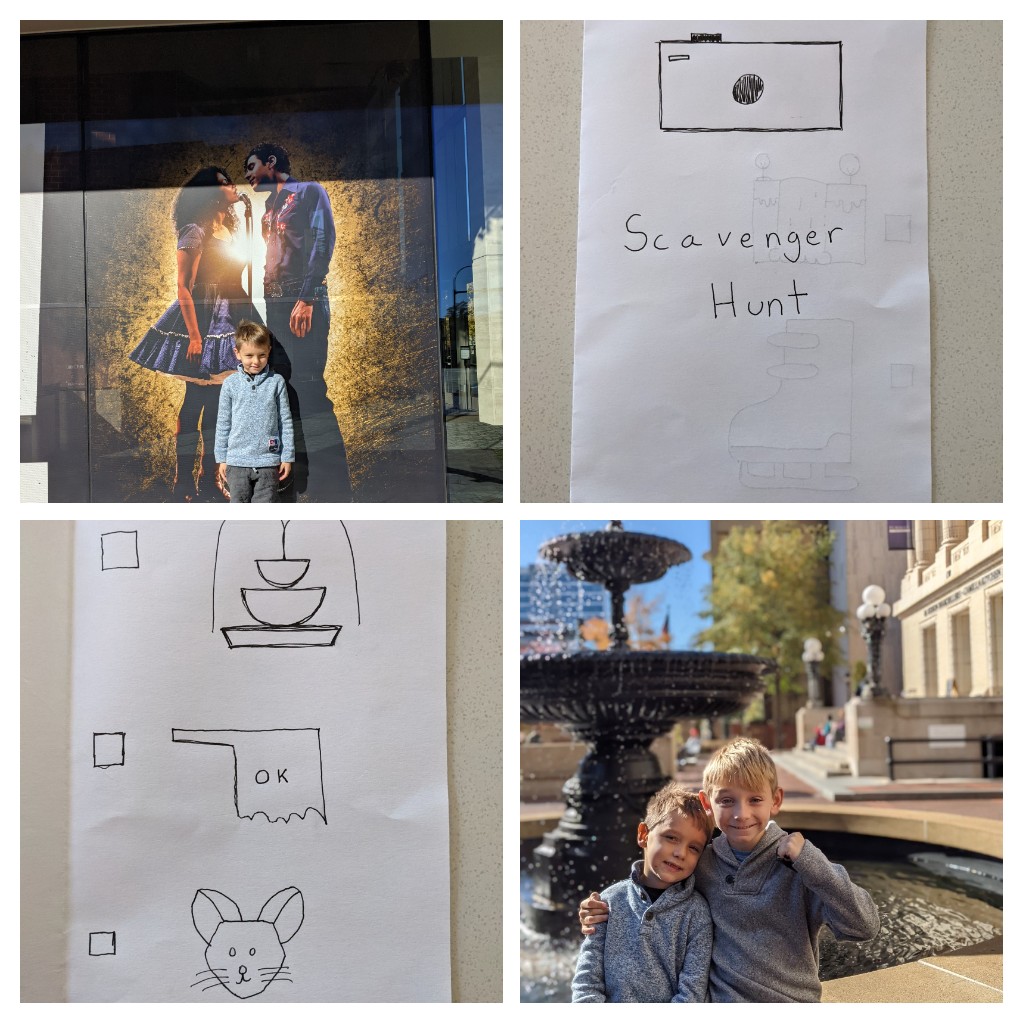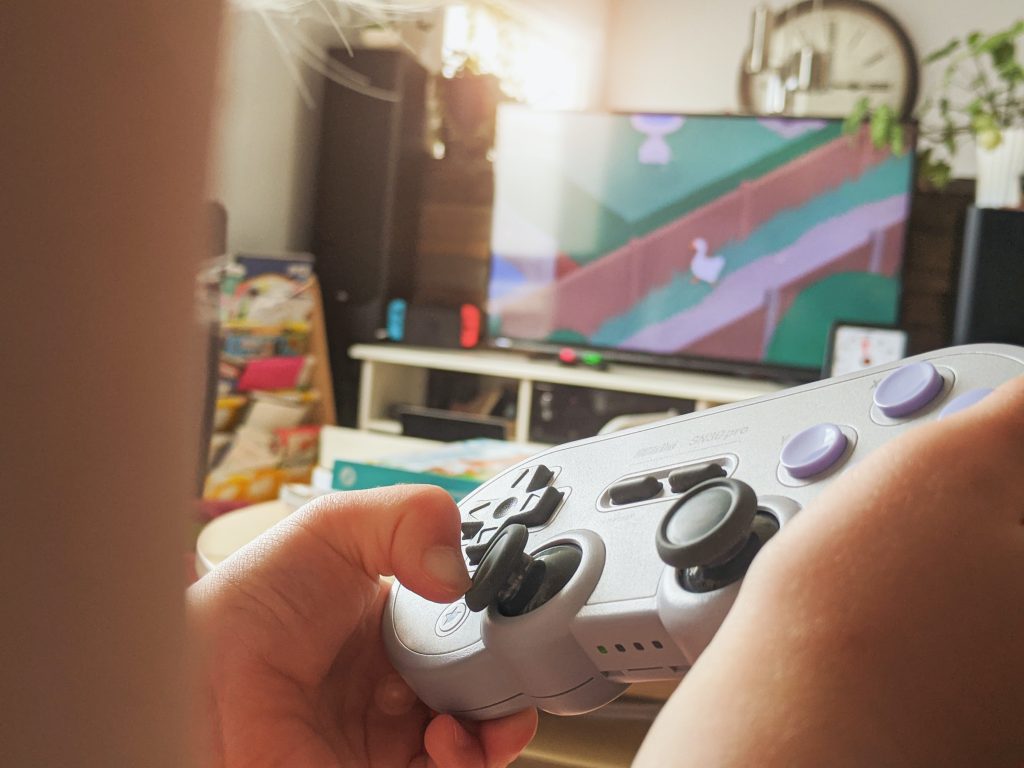Inspire Creativity with a Photo Scavenger Hunt
Rejuvenate from the week
Often, a week in school can zap you. The sterile rooms, the uniform classrooms, and the fluorescent lights pull all the energy out of our children. It’s no wonder they just want to veg out in front of the screen when they get home.
The best solution for this zapped energy costs nothing. The remedy is a day of surprise and mystery. We can manufacture that adventure with a photo scavenger hunt. With just a little bit of inspiration, most children will be excited to explore our beautiful city of Greenville.
By surprising your children with a list of items to find, they will be primed for adventure. Mystery will engross them as they imagine what they will find, where they will find the results, and if they will find them all.
Make your Own Photo Hunt

Think about an area you enjoy walking with your family. Maybe it’s in the neighborhood, maybe it’s a park, a school, or shopping center. Identify 3 to 5 unique landmarks on your walk. Write down your landmarks or make a little sketch of them on a piece of paper. It doesn’t have to be perfect, just good enough to surprise your children and spark the mystery of what they will find.
Take your family out and about in Greenville, snapping photos of your children with each of the landmarks. Give yourself bonus points if you can give general landmarks that have multiple opportunities to be found.
Main Street Greenville Photo Hunt
You could save this little photo hunt on your phone or print it out. Use it as an easy inspiration to get out and about on Main St. Each of the landmarks can be found in multiple locations, there are lots of possible answers.


